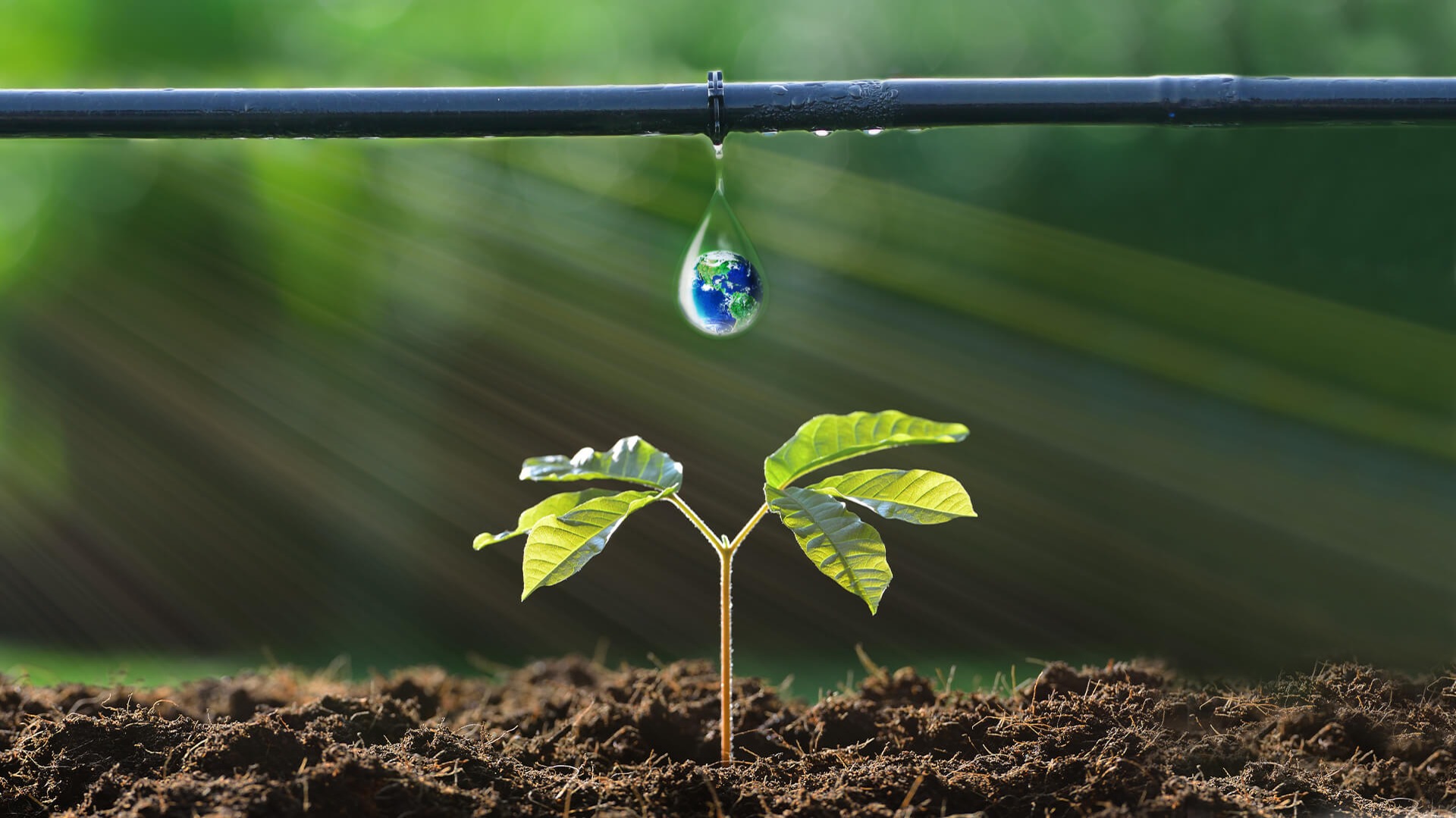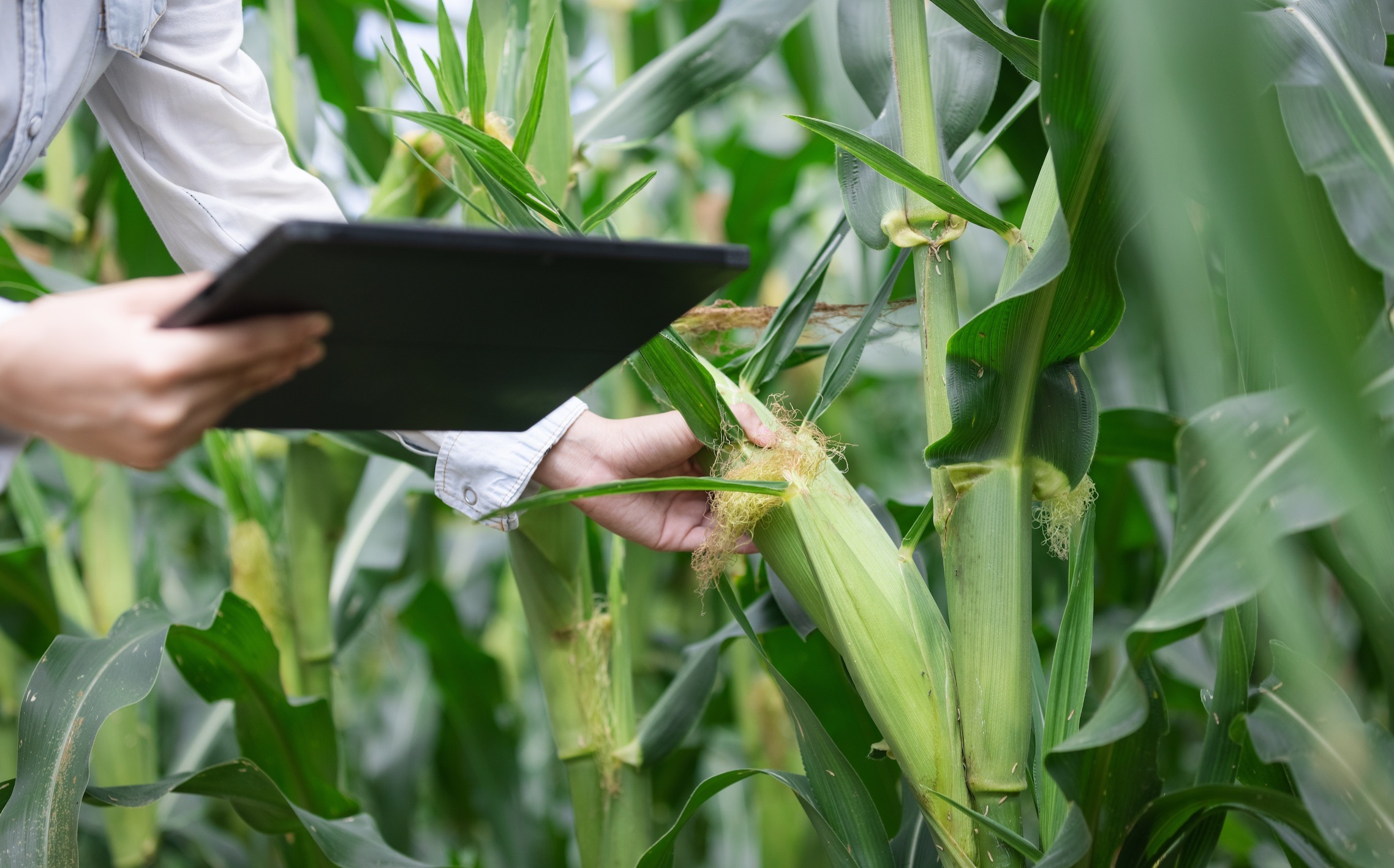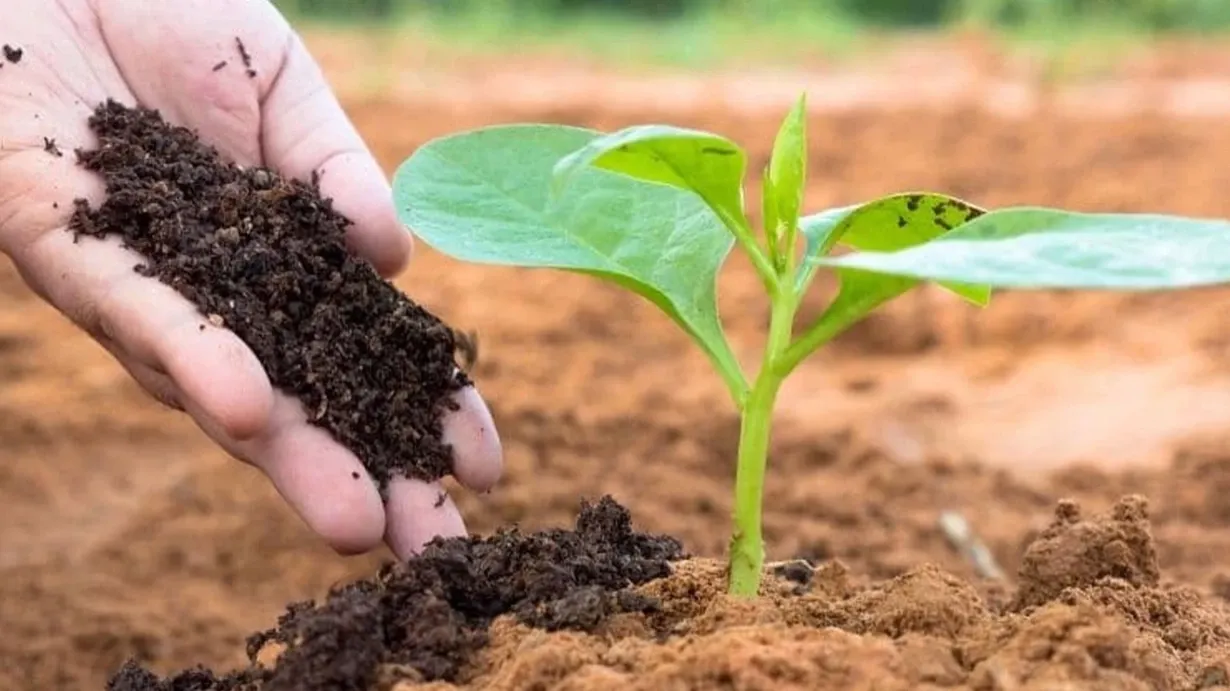We use cookie to improve your experience on our site. By using our site you consent cookies. Learn more
The agricultural sector is undergoing a major transformation driven by rapid technological advancements. Known as “smart farming,” this approach integrates digital tools, artificial intelligence, and big data analytics to make farming more efficient and sustainable. Digital agriculture enables farmers to achieve higher yields with fewer resources.
What is Digitalization?
Digitalization in agriculture refers to the integration of sensors, drones, GPS systems, satellite imagery, mobile apps, and automated control systems into farming operations. These technologies allow for real-time monitoring of fields, data-driven decisions, and automation of various processes.
Smart Farming Applications
-
Field Monitoring Systems: Sensors installed in the field monitor soil moisture, temperature, and pH levels. These readings optimize irrigation and fertilization schedules.
-
Digital Weather Forecasting: Accurate weather data helps farmers better plan sowing and harvesting.
-
Drone Technology: Drones help identify diseases, pests, and stressed crop areas early.
-
Data-Driven Decision Support: Collected data is analyzed through software platforms that provide actionable insights to farmers.
Efficiency and Profitability
Smart farming systems boost efficiency and reduce input costs. Timely interventions prevent crop losses and increase yields. As manual labor is minimized, farmers save time and gain better control over operations, increasing profitability.
Digital Farming for a Sustainable Future
Climate change and population growth demand smarter use of agricultural resources. Digital agriculture is one of the most powerful solutions in this context. Data-driven, traceable, and adaptable production methods will define the resilient and eco-friendly farming systems of the future.




